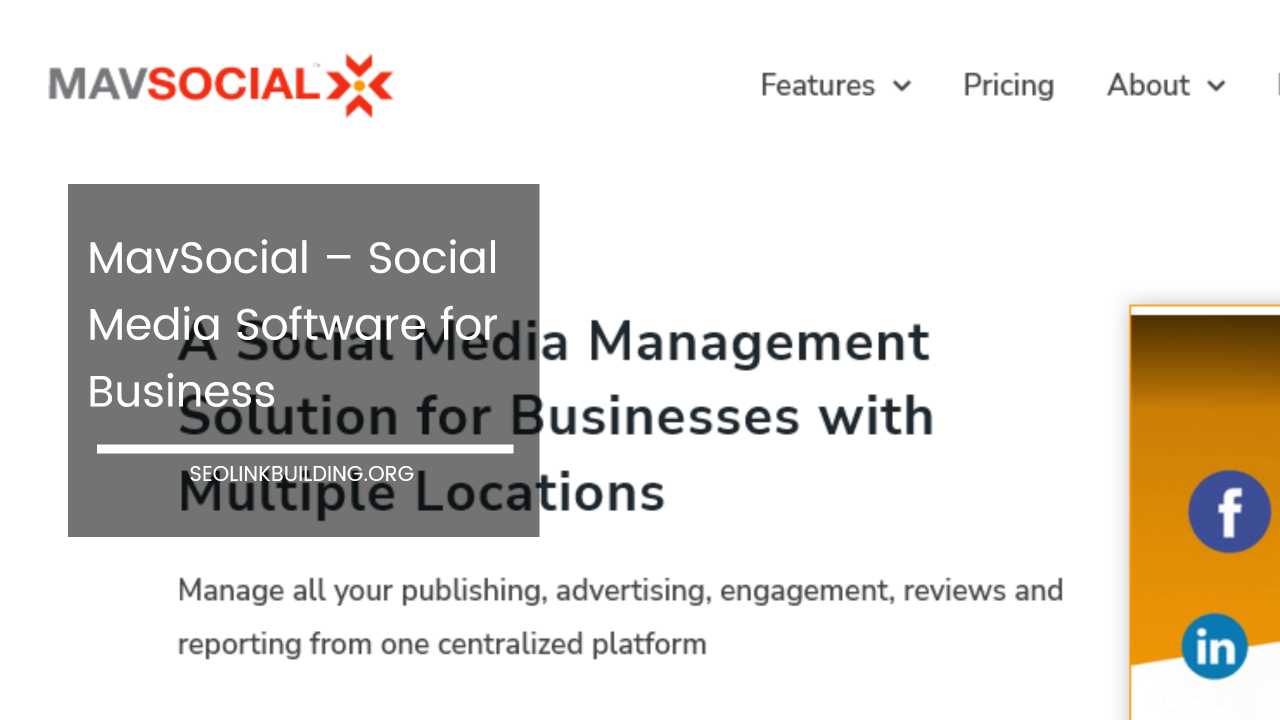How and Why Every Business Can Be Highly Successful?

There are millions of new business starts every year in the world.
In the U.S. alone, the annual number of new business starts exceeds 500,000 and is growing. Yet, most new businesses fail and many linger on as marginal businesses for decades.
I have dealt with so many entrepreneurs and businesses that I can’t remember them all. What I have learned is every entrepreneur has the potential to have not only a viable business, but a highly successful one.
The key to such success isn’t the product or the business model; it is the attitude and approach of the entrepreneur.
So Why Do So Many Business Fail?
If you were to believe in statistics, the stated reason is often under capitalization. This is a fallacy. Funding is the scapegoat.
The venture capitalists that have brought us Google, Facebook, and eBay have disproved this notion.
In the past ten years, they have funded over 30,000 start-ups, yet only 2% have gone public and only a handful have become corporate icons like Facebook.
Statistically speaking, only 3 out of 1,000 companies ever reach the one billion in annual sales mark. Every venture-backed start-up was funded because the venture capitalists believed they could reach that mark.
Capital and funding are not an issue for the portfolio companies under a venture capital firm because these firms have access to billions and funding isn’t an issue.
Portfolio companies are shut down due to lack of performance.
It’s the results that keep them funded. Entrepreneurs like to think of venture-backed start-ups as being different from the average bootstrapped small business, but they’re not.
So, now that I’ve dispelled the idea that lack of funding is the reason for business failures, what is the issue? It’s the perspective of the entrepreneur.
Most don’t want to experiment with their businesses, the just want to get from nowhere to somewhere on a proven path. However, when it comes to a day one start-up, there is no certainty with any aspect of the business.
Every part of the business has to be open to change.
A day one start-up is really an experimental start-up and is likely to require a series of business experiments before the winning product and right business model can be uncovered.
It’s the entrepreneur’s willingness to admit that they haven’t figured out a successful formula yet and are willing to assume a role more like a scientist or explorer.
This is why those failed businesses had business plans, yet still shut down. For a day one start-up, a business plan can be more harmful than helpful.
Conventional wisdom tells an entrepreneur to write a business plan first. To research the industry and market, to devise a step by step plan for how success will unfold.
The problem is most business open with “We will be a leading …”, but should start with “Once upon a time …”
The information in the business plan is filled with estimates, assumptions, and wishful thinking, that is, very little fact or direct experience with the customers and marketplace.
The entrepreneur believes that have created their recipe for success and they follow it as if it were a proved, tested process to shut down.
The answer is a Concept plan. Unlike a business plan, the concept plan outlines all the assumptions and guesses about the proposed business.
This plan should be coupled with a strategy to design and conduct business experiments to either validate or disprove the most critical and impaction aspects of the business.
The goal of this process is to create proof of concept for the business, and this means revenue, customers, and product.
And just like the scientific method, entrepreneurs need to outline hypotheses, conduct experiments, expect failure, and repeat the process until they find what works.
It’s this willingness to experiment with the business, to fail and then to move to something different that’s the key to success for every business.













